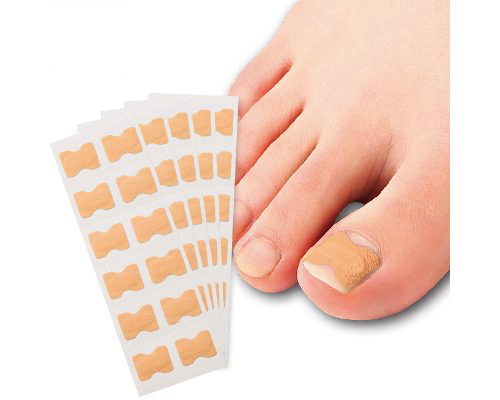

Developing Rapp’s work on ‘moral pioneers’ including ‘refusers and draft resisters’ who actively choose not to partake in tests in response to ‘a highly complex, highly structured social nexus within which they negotiate and exercise personal choice’ ( Rapp 1998: 62), Benjamin asks us to consider how these acts of refusal offer a ‘necessary critique of the assumptions and excesses of forms of belonging that rest so heavily on biological claims’ ( Benjamin 2016: 967). In other situations, non-participation is more overt, shaped by a politics of what Benjamin calls ‘informed refusal’ by ‘those who attempt to resist technoscientific conscription’ ( 2016: 967). Participation can also be restricted or mediated in practice, purposely or sometimes without planning, for example when someone becomes upset or tired. Non-participation can arise from a lack of opportunity, inclination or capacity, as much as an actual refusal.

Ignoring, avoiding, prevaricating, querying, challenging, deflecting, reworking and subverting can also be part of avoiding or resisting participation, as can silent refusal. In these contexts, participation can be framed or experienced as a burden rather than an opportunity.Īs Michael (2012) discusses, ‘misbehaviours’ among representatives, members of the public or research participants can encompass a range of ways of avoiding or declining participation, not all of which involve actively saying ‘no’. Practitioners mediate participation too, sometimes being less likely to facilitate participation when they do not see advantages for patients or services more generally. Participation in research, tests or treatments can also be irrelevant or experienced as unwelcome for some patients, particularly those who have fewer physical, economic and cultural resources or are otherwise alienated from medical and scientific institutions. Sometimes tests or treatment options are not available despite patients’ or their relatives’ or clinicians’ efforts at other times patients choose not to participate or are not invited to do so. Publics and patients do not always participate as the P4 agendas of predictive, personalised, preventative, participatory medicine envisage or promote. Participation is, however, not guaranteed and cannot be taken for granted. The development and mainstreaming of molecular diagnostics, monitoring and targeted treatments relies on patients to advocate, campaign, learn, test and tolerate tissue extraction and experimental approaches, for their own and others’ benefit.

Across this landscape of value generation, patient participation is crucial – patients need to provide data, experiment with treatments and enact responsibilities, to be engaged and remain active in maximising their own and others’ health. At the same time, we have explored how the value of personalised medicine endeavours, particularly larger-scale research initiatives, is linked to the future of the wider bioeconomy, focused on economic gain generated by providing better services for more patients. We have also shown how its values and meanings multiply in practice, and the work that is involved in extracting or articulating this value by and for patients, even if it does not always result in effective treatments or cures.

We have encountered a range of ways in which personalised medicine does not meet the promise articulated in popular totemic versions of its transformative powers. Throughout this book we have endeavoured to demonstrate the diversity, complexity and contingency of personalised cancer medicine in practice, focusing in particular on its meanings and implications for patients as they craft their individual and collective futures.


 0 kommentar(er)
0 kommentar(er)
